10C2 Science
Section outline
-

:max_bytes(150000):strip_icc()/types-of-cells-in-the-body-373388-v3-5b76f0ad46e0fb0050ba820e.png)
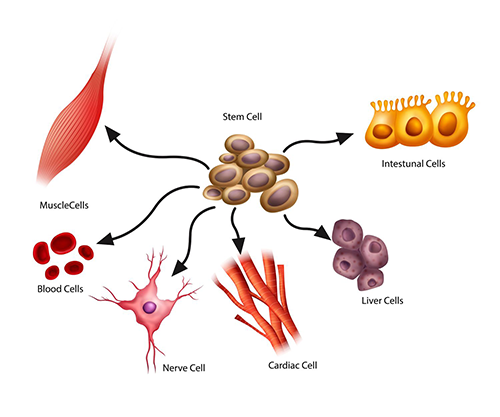
Context: He waka eke noa
Big Ideas:
We are all on invited on a journey in the Waka. Each of come with our own unique identity and differences. In Science we will be studying about our uniqueness. We will also be exploring that just as each of the cells/tissues/organs in the body have a unique function, they all need to coordinate to keep the body functioning and alive. He Waka eke noa, is about working together and being our unique skill set to empower one another in our learning journey.
Achievement objectives:
Nature of Science
- Develop and carry out more complex investigations, including using models.
- Use a wider range of science vocabulary, symbols, and conventions.
Level 5: Living World
- Describe the organisation of life at the cellular level.
- Describe the basic processes by which genetic information is passed from one generation to the next.
Learning Intentions:
Exploring:
We are researching and investigating Cells and its organelles
Success Criteria: I can/have:
- draw a neat labelled diagram of a typical plant or animal cell
- Identify the different cellular organisational levels and explain their functions - this tasks needs to be completed in your book
- make a model of a cell showing the various cell organelles
- In groups of 4 - you will create a board game to help a young person of your age understand about cell and its organelles while having fun.
- Taking a walk in Tane forest to observe and differentiate between the living world and non-living world.
- Using hand lens and microscope to observe and make notes of Cells & tissues.
- Draw a neat labelled diagram of a typical plant and animal cell.
- Write the differences between a plant and animal cell.
- Using Education Perfect - complete the information chart from Google Classroom.
- make a model of a cell showing the various cell organelles (in class task). (Using Creativity, Collaboration, Communication) . You will present your model to the class with a 2-3 minute speech.
- In groups of 4 - you will create a board game to help a young person of your age understand about cell and its organelles while having fun. (Using Critical thinking, Creativity, Collaboration, Communication)
Complete tasks from Google Classroom and submit.
Class Task:
In pairs you will make a 3D model of a cell - You must bring all the required material to class on Thursday 13th Feb (Teacher will not provide)
Cell Model is due 19th February.
Board Game is due 25th February
Homework tasks - Complete Education Perfect activities by Saturday 15th February.
- Develop and carry out more complex investigations, including using models.
-

:max_bytes(150000):strip_icc()/types-of-cells-in-the-body-373388-v3-5b76f0ad46e0fb0050ba820e.png)

Context: He waka eke noa
Big Ideas:
We are all on invited on a journey in the Waka. Each of come with our own unique identity and differences. In Science we will be studying about our uniqueness. We will also be exploring that just as each of the cells/tissues/organs in the body have a unique function, they all need to coordinate to keep the body functioning and alive. He Waka eke noa, is about working together and being our unique skill set to empower one another in our learning journey.
Achievement objectives:
Nature of Science
- Develop and carry out more complex investigations, including using models.
- Use a wider range of science vocabulary, symbols, and conventions.
Level 5: Living World
- Describe the organisation of life at the cellular level.
- Describe the basic processes by which genetic information is passed from one generation to the next.
Learning Intentions:
Exploring:
We are researching and investigating Cells and its organelles
Success Criteria: I can/have:
- draw a neat labelled diagram of a typical plant or animal cell
- Identify the different cellular organisational levels and explain their functions - this tasks needs to be completed in your book
- make a model of a cell showing the various cell organelles
- In groups of 4 - you will create a board game to help a young person of your age understand about cell and its organelles while having fun.
- Taking a walk in Tane forest to observe and differentiate between the living world and non-living world.
- Using hand lens and microscope to observe and make notes of Cells & tissues.
- Draw a neat labelled diagram of a typical plant and animal cell.
- Write the differences between a plant and animal cell.
- Using Education Perfect - complete the information chart from Google Classroom.
- make a model of a cell showing the various cell organelles (in class task). (Using Creativity, Collaboration, Communication) . You will present your model to the class with a 2-3 minute speech.
- In groups of 4 - you will create a board game to help a young person of your age understand about cell and its organelles while having fun. (Using Critical thinking, Creativity, Collaboration, Communication)
Complete tasks from Google Classroom and submit.
Class Task:
In pairs you will make a 3D model of a cell - You must bring all the required material to class on Thursday 13th Feb (Teacher will not provide)
Cell Model is due 19th February.
Board Game is due 25th February
Homework tasks - Complete Education Perfect activities by Saturday 15th February.
- Develop and carry out more complex investigations, including using models.
-



Context: He waka eke noa
Big Ideas:
We are all on invited on a journey in the Waka. Each of come with our own unique identity and differences. In Science we will be studying about our uniqueness. We will also be exploring that just as each of the cells/tissues/organs in the body have a unique function, they all need to coordinate to keep the body functioning and alive. He Waka eke noa, is about working together and being our unique skill set to empower one another in our learning journey.
Achievement objectives:
Nature of Science
- Develop and carry out more complex investigations, including using models.
- Use a wider range of science vocabulary, symbols, and conventions.
Level 5: Living World
- Describe the organisation of life at the cellular level.
- Describe the basic processes by which genetic information is passed from one generation to the next.
Learning Intentions:
Great Ako Learning Plan Exploring Focus Plan & Do Reflect We are researching and investigating
the genetic material within a cellUnderstanding the structure, role and function of DNA Extracting DNA from Banana
Construct a DNA ModelWhat makes us unique and different?
What are the similarities within all human beings?
What is your understanding of the terms: DNA, RNA,gene, Chromosomes & Allele
Success Criteria: I can/have:
- draw a neat labelled diagram of a typical DNA
- Identify and explain the structure and function of the DNA - this tasks needs to be completed in your book
- make a model of the DNA
- differentiate between genes & chromosomes
- follow the steps to extract DNA from banana/cheek cells
- Teacher leads the students to research and investigate about the DNA through various activities- DNA extraction from Banana, using videos and slide presentations and websites for animations.
- Education Perfect - complete the assigned tasks relating to the DNA.
- make a model of the DNA (in class task 2 sessions). (Using Creativity, Collaboration, Communication) . You will present your model to the class with a 2-3 minute speech.
Class Task:
In pairs you will make a 3D model of the DNA - You must bring all the required material to class on Thursday 27th Feb (Teacher will not provide)
DNA Model is due 3rd March
Homework tasks - Complete Education Perfect activities by 28th February.
- Develop and carry out more complex investigations, including using models.
-



Context: He waka eke noa
Big Ideas:
We are all on invited on a journey in the Waka. Each of come with our own unique identity and differences. In Science we will be studying about our uniqueness. We will also be exploring that just as each of the cells/tissues/organs in the body have a unique function, they all need to coordinate to keep the body functioning and alive. He Waka eke noa, is about working together and being our unique skill set to empower one another in our learning journey.
5c's - Collaboration, Communication, Critical Thinking, Creativity & Citizenship
Learning IntentionsWe are EXPLORING how organisms pass on their genetic traits
We are PLANNING to perform investigations relating to DNA extraction so that we develop scientific skills
Success Criteria: I can/have:
- draw a neat labelled diagram of a typical DNA
- follow the steps to extract DNA from banana/cheek cells
- Teacher leads the students to research and investigate about the DNA through various activities- DNA extraction from Banana, using videos and slide presentations and websites for animations.
- Education Perfect - complete the assigned tasks relating to the DNA.
- make a model of the DNA (in class task 2 sessions). (Using Creativity, Collaboration, Communication) . You will present your model to the class with a 2-3 minute speech.
Class Task:
In pairs you will make a 3D model of the DNA -
Homework tasks - Complete Education Perfect activities by 9th March. -



Context: He waka eke noa
Big Ideas:
We are all on invited on a journey in the Waka. Each of come with our own unique identity and differences. In Science we will be studying about our uniqueness. We will also be exploring that just as each of the cells/tissues/organs in the body have a unique function, they all need to coordinate to keep the body functioning and alive. He Waka eke noa, is about working together and being our unique skill set to empower one another in our learning journey.
5c's - Collaboration, Communication, Critical Thinking, Creativity & Citizenship
Learning Intentions
We are EXPLORING how organisms pass on their genetic traits
We are FOCUSING...on Describing and Explaining the structure of the DNA.
Success Criteria: I can/have:
- draw a neat labelled diagram of a typical DNA
- Identify and explain the structure and function of the DNA - this tasks needs to be completed in your book
- make a model of the DNA
- Teacher leads the students to research and investigate about the DNA through various activities- DNA extraction from Banana, using videos and slide presentations and websites for animations.
- Education Perfect - complete the assigned tasks relating to the DNA.
- make a model of the DNA (in class task 2 sessions). (Using Creativity, Collaboration, Communication) . You will present your model to the class with a 2-3 minute speech.
Homework tasks - Complete Education Perfect activities by 16th March. - draw a neat labelled diagram of a typical DNA
-



Context: He waka eke noa
Big Ideas:
We are all on invited on a journey in the Waka. Each of come with our own unique identity and differences. In Science we will be studying about our uniqueness. We will also be exploring that just as each of the cells/tissues/organs in the body have a unique function, they all need to coordinate to keep the body functioning and alive. He Waka eke noa, is about working together and being our unique skill set to empower one another in our learning journey.
5c's - Collaboration, Communication, Critical Thinking, Creativity & Citizenship
Learning Intentions
We are EXPLORING how organisms pass on their genetic traits
We are PLANNING to Design and Construct models of a typical cell & DNA so that we can explain our ideas about Cell and DNA
Success Criteria: I can/have:- Identify and explain the structure and function of the DNA - this tasks needs to be completed in your book
- make a model of the DNA
- Teacher leads the students to research and investigate about the DNA using videos and slide presentations and websites for animations.
- Education Perfect - complete the assigned tasks relating to the DNA.
- make a model of the DNA (in class task 2 sessions). (Using Creativity, Collaboration, Communication)
Term 1 Assessment Task:
In groups of 3 you will make a 3D model of the DNA - -



Context: He waka eke noa
Big Ideas:
We are all on invited on a journey in the Waka. Each of come with our own unique identity and differences. In Science we will be studying about our uniqueness. We will also be exploring that just as each of the cells/tissues/organs in the body have a unique function, they all need to coordinate to keep the body functioning and alive. He Waka eke noa, is about working together and being our unique skill set to empower one another in our learning journey.
5c's - Collaboration, Communication, Critical Thinking, Creativity & Citizenship
Learning Intentions
We are EXPLORING how organisms pass on their genetic traits
We are PLANNING to Design and Construct models of a typical cell & DNA so that we can explain our ideas about Cell and DNA
Success Criteria: I can/have:
- Identify and explain the structure and function of the DNA - this tasks needs to be completed in your book
- make a model of the DNA
- Students are working on their assessment task research in groups.
- make a model of the DNA (in class task 2 sessions). (Using Creativity, Collaboration, Communication)
Term 1 Assessment Task: Due date has been extended to Wednesday 1st April
In groups of 3 you will make a 3D model of the DNA -
Teacher will be able to provide material for this. -



Context: He waka eke noa
Big Ideas:
We are all on invited on a journey in the Waka. Each of come with our own unique identity and differences. In Science we will be studying about our uniqueness. We will also be exploring that just as each of the cells/tissues/organs in the body have a unique function, they all need to coordinate to keep the body functioning and alive. He Waka eke noa, is about working together and being our unique skill set to empower one another in our learning journey.
5c's - Collaboration, Communication, Critical Thinking, Creativity & Citizenship
Learning Intentions
We are EXPLORING how organisms pass on their genetic traits
We are PLANNING to Design and Present information so that we can explain our ideas about the DNA and how genetic traits are passed on.
Success Criteria: I can/have:
- Identify and explain the structure and function of the DNA - this tasks needs to be completed in your book
- Completed my research and have collaborated with my group
- Students will be watching videos at home relating the assessment tasks
- Students will be participating in online quiz activities to reinforce concepts from Term 1.
- Students are completing their assessment task research in groups. Slide presentations due on Wednesday 22nd April.
- Completing the research on the following questions:
Describe/Explain the structure & functions of the human DNA.
Define the meaning of genetics and the various vocabulary related to genetics.
Differentiate between genes, alleles, homozygous and heterozygous with examples.
What is CRISPR? What are the ethical and social implications of this technique of gene editing.
https://www.nytimes.com/2018/11/26/health/gene-editing-babies-china.html
-



Context: He waka eke noa
Big Ideas:
We are all on invited on a journey in the Waka. Each of come with our own unique identity and differences. In Science we will be studying about our uniqueness. We will also be exploring that just as each of the cells/tissues/organs in the body have a unique function, they all need to coordinate to keep the body functioning and alive. He Waka eke noa, is about working together and being our unique skill set to empower one another in our learning journey.
5c's - Collaboration, Communication, Critical Thinking, Creativity & Citizenship
Learning Intentions
We are EXPLORING how organisms pass on their genetic traits
We are PLANNING to Design and Present information so that we can explain our ideas about the DNA and how genetic traits are passed on.
Success Criteria: I can/have:
- Identify and explain the structure and function of the DNA - this tasks needs to be completed in your book
- Completed my research and have collaborated with my group
- Students are completing their assessment task research in groups. Slide presentations to be uploaded by
Wednesday 22nd April.
- Students will be completing tasks from Scipad on tasks relating to Genetics as a wrap up.
Google Meet sessions - please see below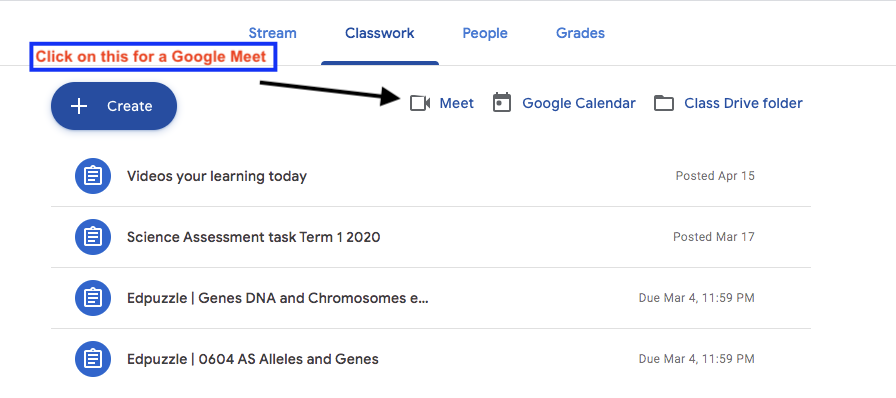 Complete the following sections from SciPad - this should be about 1 hour of work.Reproduction and Variation
Complete the following sections from SciPad - this should be about 1 hour of work.Reproduction and Variation
Introduction to the Study of GeneticsDNA AND CHROMOSOMES
A Closer look at DNA
Karyotypes
MONOHYBRID CROSSES
Boy or Girl?
Pure Breeding
Punnet Squares and Inheritance
Producing New Alleles
SELECTION AND EVOLUTION
Artificial Selection
Darwin and Evolution
Natural Selection
Layers and Fossils
Cloning
REVISION
Revision Activities
TEST
End of Topic Test -



Context: He waka eke noa
Big Ideas:
We are all on invited on a journey in the Waka. Each of come with our own unique identity and differences. In Science we will be studying about our uniqueness. We will also be exploring that just as each of the cells/tissues/organs in the body have a unique function, they all need to coordinate to keep the body functioning and alive. He Waka eke noa, is about working together and being our unique skill set to empower one another in our learning journey.
5c's - Collaboration, Communication, Critical Thinking, Creativity & Citizenship
Learning Intentions
We are EXPLORING how organisms pass on their genetic traits
Success Criteria: I can/have:
- Identify and explain how Mitosis and Meiosis takes place
- Describe with examples the different types of reproduction
- Develop an understanding of the role of genetics in regard to evolution & natural selection.
-
- Google Classroom - 2 Edpuzzle videos to watch and answer questions. (15 min)
- Education Perfect & SciPad. (1 hour)
- Label and draw (hand drawn) the stages of cell divison for both Mitosis & Meiosis in your Science book. This needs to be scanned and submitted in Google Classroom. (1 hour)
- Draw up a table to compare Mitosis vs Meiosis. (15 min)
- Make notes of the different types of reproduction with advantages and disadvantages. (30 min)
- Identify and explain how Mitosis and Meiosis takes place
-
Context: We are Thinkers, Achievers, Innovators & Leaders
Big Ideas:
5c's - Collaboration, Communication, Critical Thinking, Creativity & Citizenship
Learning Intentions
We are EXPLORING physical and chemical change & atomic chemistry,
Success Criteria: I can/have:
- Identify and differentiate between physical & chemical change
- Recall the structure of an atom.
- Name the first 20 elements of the periodic table and give their symbols.
Tuesday
- Google Classroom - 2 Edpuzzle videos to watch and answer questions.
- Education perfect tasks (Recap of Yr 9 content) - Physical and Chemical Change
- Take a photo of the following and identify whether it is a physical or chemical change - upload this on Google Classroom
- Frying an egg
- Burning of a match stick or paper (supervised by an adult)
- Melting of butter
- Melting of Ice
- 2 of your own investigation to show a Physical and chemical change (1 each)
- Education Perfect task (Recap of Yr 9 content)- Molecules, Compounds & Elements
- Scipad tasks: Identifying Hazardous symbols and chemicals, Chemical & Physical change
- Take a photo to give examples of each of the following: Molecules, compounds & mixtures
- Education Perfect task (Recap of Yr 9 content) - Atoms, Elements & Structure of the atom
- Scipad tasks - Atoms & Elements
- Identify and differentiate between physical & chemical change
-
.


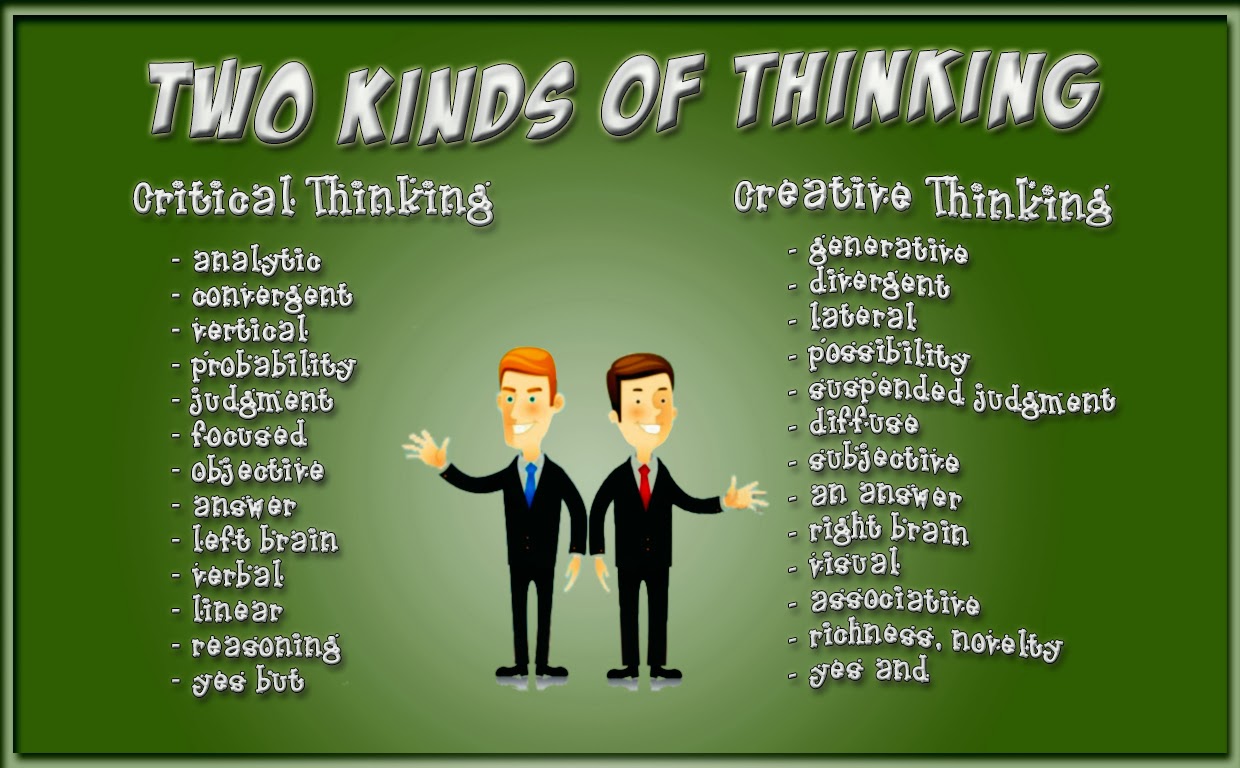
Context: We are Thinkers, Achievers, Innovators & LeadersBig Ideas:
5c's - Collaboration, Communication, Critical Thinking, Creativity & CitizenshipEXPLORE / TŪHURA learning intentions:
- We are RESEARCHING...how inventions, discoveries and achievements of famous Scientists during times of world crisis has impacted the growth of technology and innovations.
- We are EXPLORING...the Material world to INVESTIGATE the properties of matter
Success Criteria: I can/have:
- Identify and differentiate between physical & chemical change
- Recall the structure of an atom.
- Name the first 20 elements of the periodic table and give their symbols.
Tuesday
- Google Classroom - 2 Edpuzzle videos to watch and answer questions.
- Education perfect tasks (Recap of Yr 9 content) - Physical and Chemical Change
- Take a photo of the following and identify whether it is a physical or chemical change - upload this on Google Classroom
- Frying an egg
- Burning of a match stick or paper (supervised by an adult)
- Melting of butter
- Melting of Ice
- 2 of your own investigation to show a Physical and chemical change (1 each)
- Education Perfect task (Recap of Yr 9 content)- Molecules, Compounds & Elements
- Scipad tasks: Identifying Hazardous symbols and chemicals, Chemical & Physical change
- Take a photo to give examples of each of the following: Molecules, compounds & mixtures
- Education Perfect task (Recap of Yr 9 content) - Atoms, Elements & Structure of the atom
- Scipad tasks - Atoms & Elements
-
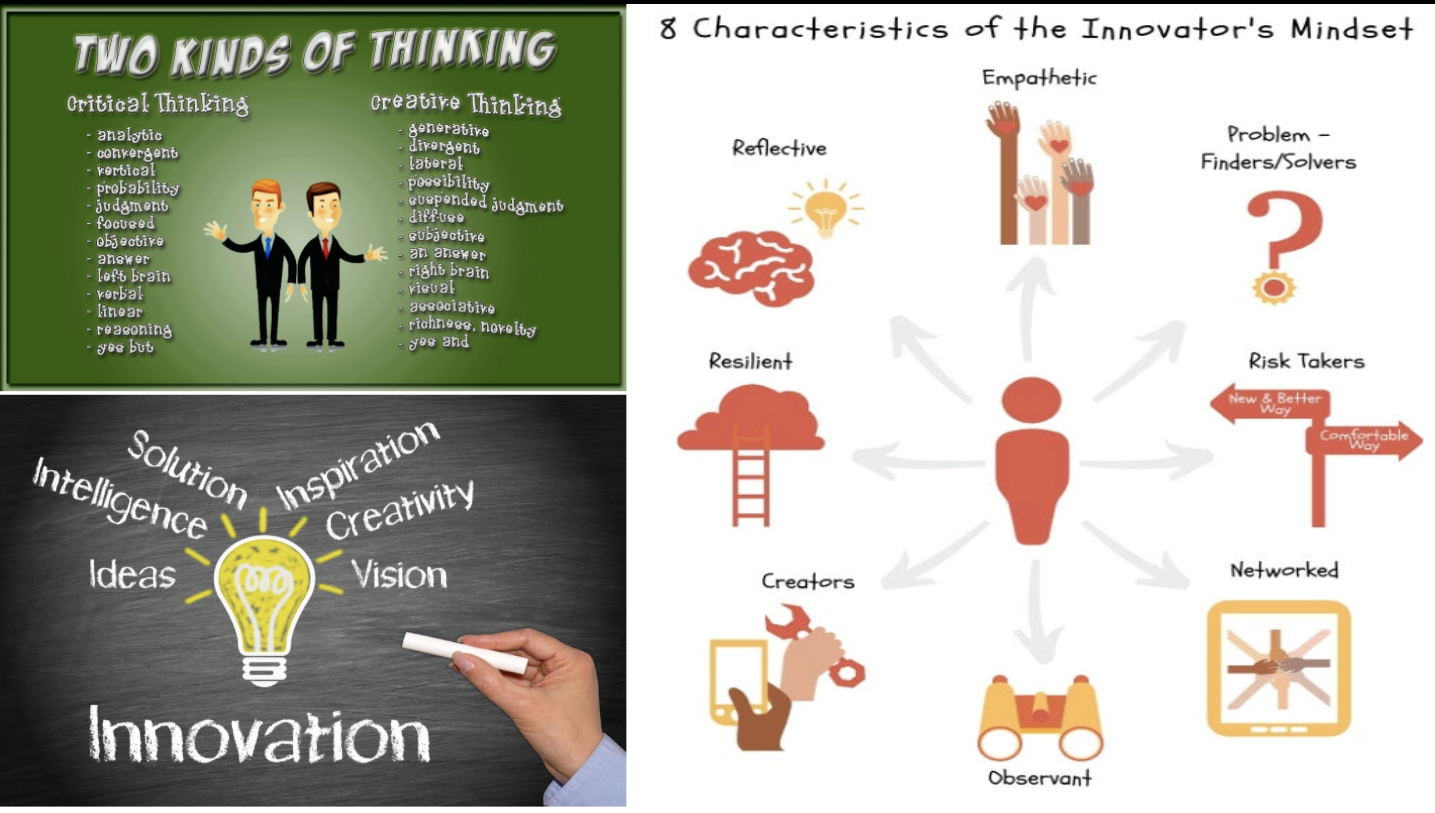
Context: We are Thinkers, Achievers, Innovators & Leaders
Big Ideas: This term we will be focussing on aspects or characteristics of great Thinkers, Achiever, Innovators & Leaders. Throughout history as mankind was threathened with disasters, calamaties and pandemics, many great inventions, discoveries, new thinking and leadership styles came about to meet these challenges. This term we will be focussing on developing these characteristics through our context. There will be many opportunities for our class to be Thinkers, Achievers, Innovators & Leaders.
5c's - Collaboration, Communication, Critical Thinking, Creativity & CitizenshipEXPLORE / TŪHURA learning intentions:
- We are RESEARCHING...how inventions, discoveries and achievements of famous Scientists during times of world crisis has impacted the growth of technology and innovations.
- We are EXPLORING...the Material world to INVESTIGATE the properties of matter
Success Criteria: I can/have:
- sharing of Covid 19 experiences,
- use scientific thinking to distinguish a myth from a fact.
- Revision/catch up of distance learning tasks.
Activities - Please note these tasks will need to be completed by the end of the week
Monday
Session 5 - Catch up
- Scipad tasks -Complete Week 5 tasks
- Education perfect tasks - complete tasks from Week 5
Covid 19 - Myths & Facts - using Scientific knowledge and thinking to determine whether common beliefs are myths or facts
Worksheet from Google classroom - work in pairs to discuss and complete the information.Brain Pop - Log in using the Information below.
Brain pop tasks - 1. Watch the video
Username: MHJC
Password: 1student
https://www.brainpop.com/science/matterandchemistry/atomicmodel/
Wednesday
- Acids and Bases introduction and possible teacher demonstration
Thursday
- Education Perfect tasks -Complete unfinished tasks
- Scipad tasks -Complete unfinished tasks
- Brain pop tasks - 1. Related reading 2. Quiz 3. Complete graphic organiser
Please catch up on any unfinished tasks from previous weeks.
-

Context: We are Thinkers, Achievers, Innovators & Leaders
Big Ideas: This term we will be focussing on aspects or characteristics of great Thinkers, Achiever, Innovators & Leaders. Throughout history as mankind was threathened with disasters, calamaties and pandemics, many great inventions, discoveries, new thinking and leadership styles came about to meet these challenges. This term we will be focussing on developing these characteristics through our context. There will be many opportunities for our class to be Thinkers, Achievers, Innovators & Leaders.
5c's - Collaboration, Communication, Critical Thinking, Creativity & CitizenshipEXPLORE / TŪHURA learning intentions:
- We are RESEARCHING...how inventions, discoveries and achievements of famous Scientists during times of world crisis has impacted the growth of technology and innovations.
- We are EXPLORING...the Material world to INVESTIGATE the properties of matter
Success Criteria: I can/have:
- write out word equations using chemical symbols and formule & started to balance equations
- developed an understanding of reactants and products
- differentiate between acids and basis
Activities - Please note these tasks will need to be completed by the end of the week
Tuesday
Teacher led actities and completing tasks from BrainPop & Education Perfect
Brain pop tasks - Complete tasks from this website
Username: MHJC
Password: 1student
https://www.brainpop.com/science/matterandchemistry/chemicalequations/
Wednesday
- Acids and Bases introduction and possible teacher demonstration
Thursday
Science Fair Topic & Investigations
- Indentifying dependent and independent variables.
- Following steps of a Scientific Investigation.
Please catch up on any unfinished tasks from previous weeks
-

Context: We are Thinkers, Achievers, Innovators & Leaders
Big Ideas: This term we will be focussing on aspects or characteristics of great Thinkers, Achiever, Innovators & Leaders. Throughout history as mankind was threathened with disasters, calamaties and pandemics, many great inventions, discoveries, new thinking and leadership styles came about to meet these challenges. This term we will be focussing on developing these characteristics through our context. There will be many opportunities for our class to be Thinkers, Achievers, Innovators & Leaders.
5c's - Collaboration, Communication, Critical Thinking, Creativity & CitizenshipEXPLORE / TŪHURA learning intentions:
- We are RESEARCHING...how inventions, discoveries and achievements of famous Scientists during times of world crisis has impacted the growth of technology and innovations.
- We are EXPLORING...the Material world to INVESTIGATE the properties of matter
Success Criteria: I can/have:
- developed an understanding of reactants and products
- differentiate between acids and bases
Enrol at stileapp.com/join
Join Code: JS59QR
Use your school email to join in
Tuesday
- Teacher led activities and completing tasks from STILE website
- Focus on properties of Acids and Bases and preparing for practical investigation in the Lab
Wednesday
- Acids and Bases activities using indicator solutions
- Follow STILE app guidelines.
Thursday
S cience Fair Topic & Investigations
- Indentifying dependent and independent variables.
- Following steps of a Scientific Investigation.
Please catch up on any unfinished tasks from previous weeks
-

Context: We are Thinkers, Achievers, Innovators & Leaders
Big Ideas: This term we will be focussing on aspects or characteristics of great Thinkers, Achiever, Innovators & Leaders. Throughout history as mankind was threathened with disasters, calamaties and pandemics, many great inventions, discoveries, new thinking and leadership styles came about to meet these challenges. This term we will be focussing on developing these characteristics through our context. There will be many opportunities for our class to be Thinkers, Achievers, Innovators & Leaders.
5c's - Collaboration, Communication, Critical Thinking, Creativity & CitizenshipEXPLORE / TŪHURA learning intentions:
- We are RESEARCHING...how inventions, discoveries and achievements of famous Scientists during times of world crisis has impacted the growth of technology and innovations.
- We are EXPLORING...the Material world to INVESTIGATE the properties of matter
Success Criteria: I can/have:
- developed an understanding of reactants and products
- differentiate between acids and basis
We will be trialling Stile app.
Enrol at stileapp.com/join
Join Code: 44SW64
Use your school email to join inTeacher led actities and completing tasks from STILE website
Wednesday
Thursday
Focus on properties of Acids and Bases. Practical investigation in the Lab.
Science Fair Topic & Investigations
- Indentifying dependent and independent variables.
- Following steps of a Scientific Investigation.
Please catch up on any unfinished tasks from previous weeks
-

Context: We are Thinkers, Achievers, Innovators & Leaders
Big Ideas: This term we will be focussing on aspects or characteristics of great Thinkers, Achiever, Innovators & Leaders. Throughout history as mankind was threathened with disasters, calamaties and pandemics, many great inventions, discoveries, new thinking and leadership styles came about to meet these challenges. This term we will be focussing on developing these characteristics through our context. There will be many opportunities for our class to be Thinkers, Achievers, Innovators & Leaders.
5c's - Collaboration, Communication, Critical Thinking, Creativity & CitizenshipEXPLORE / TŪHURA learning intentions:
- We are RESEARCHING...how inventions, discoveries and achievements of famous Scientists during times of world crisis has impacted the growth of technology and innovations.
- We are EXPLORING...the Material world to INVESTIGATE the properties of matter
Success Criteria: I can/have:
- developed an understanding of Acids & Bases reacting with metals & carbonates
- conduct the investigations safely in the lab
- complete the observations for each of the reactions
- Do the test for Hydrogen (pop test), Carbon dioxide (flame put out)
- Write the balanced equations for all reactions.
Start with Education Perfect tasks - 30 min.
Teacher led activities and completing tasks from STILE website - 30 min
Focus on properties of Acids and Bases and preparing for practical investigation in the Lab
Wednesday- Acids and Bases activities - investigating reactions with metals and carbonates
- Follow STILE app guidelines.
Thursday
Use Stile app.
Enrol at stileapp.com/join
Join Code: JS59QR
Use your school email to join inScience Fair Topic & Investigations- Indentifying dependent and independent variables.
- Following steps of a Scientific Investigation.
Please catch up on any unfinished tasks from previous weeks
-

Context: We are Thinkers, Achievers, Innovators & Leaders
Big Ideas: This term we will be focussing on aspects or characteristics of great Thinkers, Achiever, Innovators & Leaders. Throughout history as mankind was threathened with disasters, calamaties and pandemics, many great inventions, discoveries, new thinking and leadership styles came about to meet these challenges. This term we will be focussing on developing these characteristics through our context. There will be many opportunities for our class to be Thinkers, Achievers, Innovators & Leaders.
5c's - Collaboration, Communication, Critical Thinking, Creativity & CitizenshipEXPLORE / TŪHURA learning intentions:
- We are RESEARCHING...how inventions, discoveries and achievements of famous Scientists during times of world crisis has impacted the growth of technology and innovations.
- We are EXPLORING...the Material world to INVESTIGATE the properties of matter
Success Criteria: I can/have:
- developed an understanding of Acids & Bases reacting with metals & carbonates
- Balancing chemical equations.
Teacher led activities and completing tasks from STILE website Fair testing- 30 min
Working on Fair testing - Stage three and four
Wednesday
- Ocean acidification - using STILE app.
Thursday
- Indentifying dependent and independent variables.
- Following steps of a Scientific Investigation. Stage Four & Five
- Log books to be presented to Mr. Morris
Please catch up on any unfinished tasks from previous weeks
-
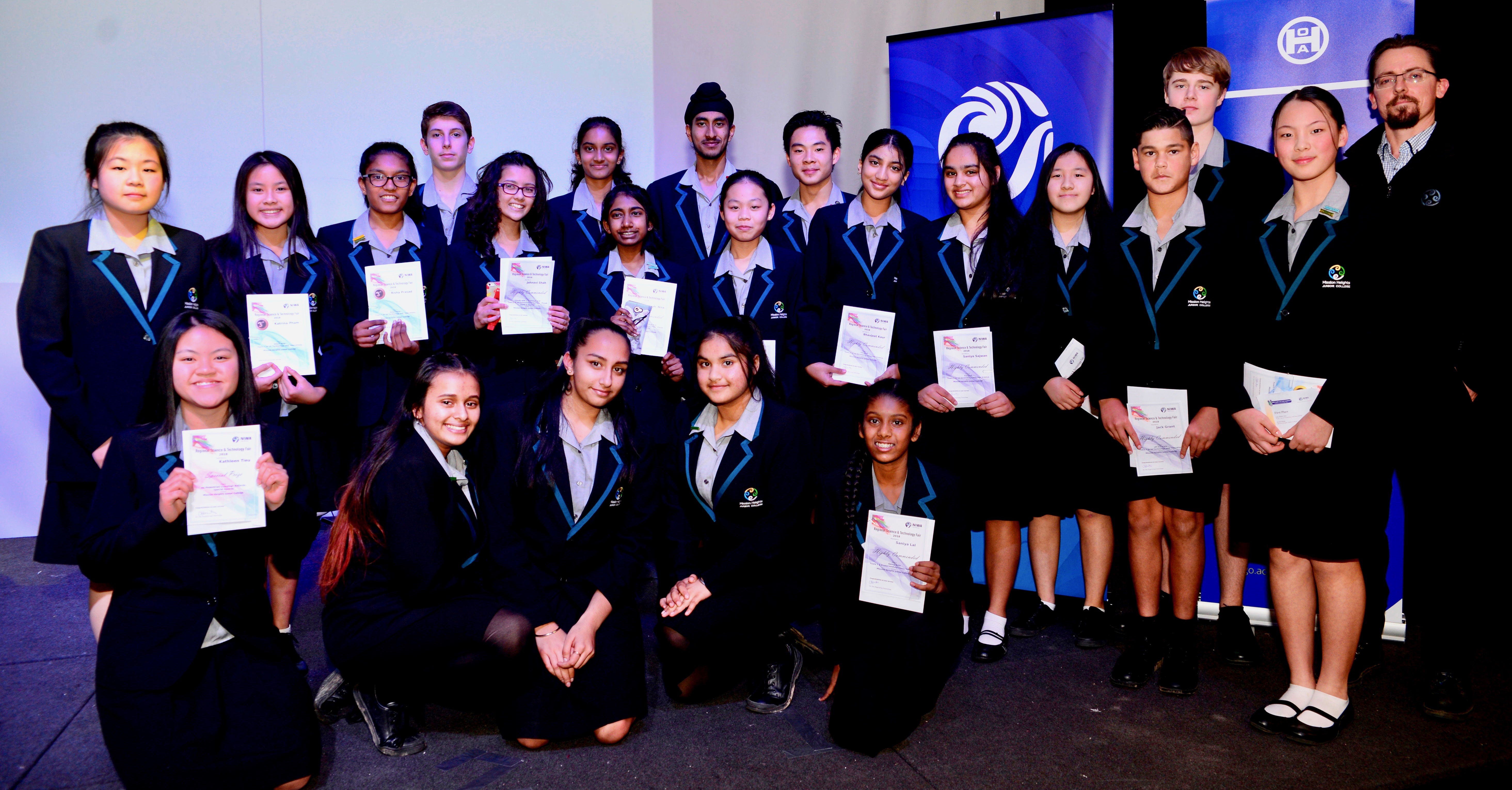
Context: We are Thinkers, Achievers, Innovators & Leaders
Big Ideas: This term we will be focussing on aspects or characteristics of great Thinkers, Achiever, Innovators & Leaders. Throughout history as mankind was threathened with disasters, calamaties and pandemics, many great inventions, discoveries, new thinking and leadership styles came about to meet these challenges. This term we will be focussing on developing these characteristics through our context. There will be many opportunities for our class to be Thinkers, Achievers, Innovators & Leaders.
5c's - Collaboration, Communication, Critical Thinking, Creativity & CitizenshipPlan & Do
We are planning and conducting our Science Investigation
Learning intentions:
- We are completing our research, conducting the investigation, collecting the data & analysis and writing the results & conclusion for our Science Investigation.
Success Criteria: I can/have:
- completed my planning for conducting an investigation on a Google doc- identifying the variables, material/equipment required, method/procedure.
- maintaned a record/log book for my investigation - date, discussion or activities done.
- completed the investigations and collected the raw data in a table
Complete the investigation or be ready to finish the investigation by next Week.
Make sure you have photographs as evidence of your Science Investigation.
Make sure you have got your Science Fair board organised
Your Science Fair Board and log book are due Friday 7th August. Upload a photograph of the science fair board the google document on MHOL for marking.
-

Context: We are Thinkers, Achievers, Innovators & Leaders
Big Ideas: This term we will be focussing on aspects or characteristics of great Thinkers, Achiever, Innovators & Leaders. Throughout history as mankind was threathened with disasters, calamaties and pandemics, many great inventions, discoveries, new thinking and leadership styles came about to meet these challenges. This term we will be focussing on developing these characteristics through our context. There will be many opportunities for our class to be Thinkers, Achievers, Innovators & Leaders.
5c's - Collaboration, Communication, Critical Thinking, Creativity & CitizenshipPlan & Do
We are planning and conducting our Science Investigation
Learning intentions:
- We are completing our research, conducting the investigation, collecting the data & analysis and writing the results & conclusion for our Science Investigation.
Success Criteria: I can/have:
- completed my planning for conducting an investigation on a Google doc- identifying the variables, material/equipment required, method/procedure.
- maintaned a record/log book for my investigation - date, discussion or activities done.
- completed the investigations and collected the raw data in a table
Complete the investigation or be ready to finish the investigation by next Week.
Make sure you have photographs as evidence of your Science Investigation.
Make sure you have got your Science Fair board organised
Your Science Fair Board and log book are due Friday 7th August. Upload a photograph of the science fair board the google document on MHOL for marking.
-



Context: Space & Time
Big Ideas: Space has always fascinated mankind. During the past few years there has been a renewed commitment and effort to explore the Moon, Mars, other planets and celestial bodies. This term we will be focussing on aspects from Planet Earth & Beyond and the Physics of space exploration including time.
5c's - Collaboration, Communication, Critical Thinking, Creativity & Citizenship
EXPLORE / TŪHURA learning intentions:
- We are EXPLORING the concepts of space and becoming familiar with scientific terms relating to space exploration.
- We are EXPLORING the concepts of physics relating to forces, motion & time.
- Described the Solar System.
- Explained the models of the Solar System.
- completed the investigations and collected the raw data in a table
- Understand that we see different constellations at different times of the year due to the Earth's movement around the Sun.
- Understand the significance of sighting the Matariki constellation in determining the Māori New Year.
- Appreciate the celebrations surrounding Matariki and its significance in Māori culture.
- Find the Matariki star cluster using Tautoru (Orion's Belt) and Taumata-kuku (Aldebaran).
Teacher led discussion regarding space exploration.
Please complete assigned tasks from Google Classroom & Education Perfect.
Science Fair - Assessment 2 reminder:
Make sure you have photographs as evidence of your Science Investigation.
Make sure you have got your Science Fair board organised
Your Science Fair Board and log book are due Friday 7th August. Upload a photograph of the science fair board the google document on MHOL for marking.
-



Context: Space & Time
Big Ideas: Space has always fascinated mankind. During the past few years there has been a renewed commitment and effort to explore the Moon, Mars, other planets and celestial bodies. This term we will be focussing on aspects from Planet Earth & Beyond and the Physics of space exploration including time.
5c's - Collaboration, Communication, Critical Thinking, Creativity & Citizenship
EXPLORE / TŪHURA learning intentions:
- We are EXPLORING the concepts of space and becoming familiar with scientific terms relating to space exploration.
- We are EXPLORING the concepts of physics relating to forces, motion & time.
- Described the Solar System.
- Explained the models of the Solar System.
- Understand that we see different constellations at different times of the year due to the Earth's movement around the Sun.
- Give the basic definition of force with examples.
- Distinguish between various types of forces and categorise them as contact or non-contact forces
- explain Newton's laws of force with suitable examples
Teacher led discussion regarding space exploration.
Forces & Motion
Physics
- Visit the websites below and complete the activities.
- Answer the following questions in your Science book:
- What is Force? (definition)
- What are the different types of forces? (examples)
- Differentiate contact force & non contact force.
- How is force measured & calcuated? (write the formula & units)
- Draw a diagram of a rocket and use force diagram (arrows) to show the forces acting on
- a stationary rocket
- a rocket that has just launched
- a rocket that has almost reached space.
- a rocket in space.
- Quiz activities should be completed, score should be screen shot and uploaded in Google Classroom
- Forces and Motion - https://www.ducksters.com/science/physics/force.php
- Laws of Motions - https://www.ducksters.com/science/laws_of_motion.php
- Speed & Velocity - https://www.ducksters.com/science/physics/speed_and_velocity.php
- Gravity - https://www.ducksters.com/science/gravity.php
-



Context: Space & Time
Big Ideas: Space has always fascinated mankind. During the past few years there has been a renewed commitment and effort to explore the Moon, Mars, other planets and celestial bodies. This term we will be focussing on aspects from Planet Earth & Beyond and the Physics of space exploration including time.
5c's - Collaboration, Communication, Critical Thinking, Creativity & Citizenship
EXPLORE / TŪHURA learning intentions:
- We are EXPLORING the concepts of space and becoming familiar with scientific terms relating to space exploration.
- We are EXPLORING the concepts of physics relating to forces, motion & time.
Physics
- Give the basic definition of force with examples.
- Distinguish between various types of forces and categorise them as contact or non-contact forces
- explain Newton's laws of force with suitable examples
- Visit the websites below and complete the activities.
- Topic Related Weblinks:
- Laws of Motions - https://www.ducksters.com/science/laws_of_motion.php
- Speed & Velocity - https://www.ducksters.com/science/physics/speed_and_velocity.php
- Take part in the Education Perfect Science Competition - I have set up tasks related to Forces & motion.
- Write down the 3 Laws of Motion with examples. Make a video yourself to show how these laws might apply. E.g riding a bike, skate board or through the practical activity suggested.
- Write down the definition of Speed & Velocity and the formulae to calculate this.
- Differentiate between speed & velocity and write down the
- Complete the quiz and screenshot your results. Share this in Google classroom.
- Practical activity: Making Parachutes:
You could also use different types of plastic bags for the parachute - e.g carry bags, rubbish bags or bin liners. Which is the best - video and post in Google classroom
-



Context: Space & Time
Big Ideas: Space has always fascinated mankind. During the past few years there has been a renewed commitment and effort to explore the Moon, Mars, other planets and celestial bodies. This term we will be focussing on aspects from Planet Earth & Beyond and the Physics of space exploration including time.
5c's - Collaboration, Communication, Critical Thinking, Creativity & Citizenship
EXPLORE / TŪHURA learning intentions:
- We are EXPLORING the concepts of space and becoming familiar with scientific terms relating to space exploration.
- We are EXPLORING the concepts of physics relating to forces, motion & time.
Physics
- Give the basic definition of force with examples.
- Distinguish between various types of forces and categorise them as contact or non-contact forces
- explain Newton's laws of force with suitable examples
- Completing Education Perfect activities - Term 3 Week 6
- Tasks from Week 5 also need to be completed.
- Practical activity:
Making Parachutes: (Complete this task due from Week 5)
You could also use different types of plastic bags for the parachute - e.g carry bags, rubbish bags or bin liners. Which is the best - video and post in Google classroom
-



Context: Space & Time
Big Ideas: Space has always fascinated mankind. During the past few years there has been a renewed commitment and effort to explore the Moon, Mars, other planets and celestial bodies. This term we will be focussing on aspects from Planet Earth & Beyond and the Physics of space exploration including time.
5c's - Collaboration, Communication, Critical Thinking, Creativity & Citizenship
EXPLORE / TŪHURA learning intentions:
- We are EXPLORING the concepts of space and becoming familiar with scientific terms relating to space exploration.
- We are EXPLORING the concepts of physics relating to forces, motion & time.
Physics
- Give the basic definition of force with examples.
- Distinguish between various types of forces and categorise them as contact or non-contact forces
- explain Newton's laws of force with suitable examples
- Home - plan and draw a diagram to create a Balloon car. Collect material that may be available at home
- Complete practical activity & task sheet from Google Classroom.
-



Context: Space & Time
Big Ideas: Space has always fascinated mankind. During the past few years there has been a renewed commitment and effort to explore the Moon, Mars, other planets and celestial bodies. This term we will be focussing on aspects from Planet Earth & Beyond and the Physics of space exploration including time.
5c's - Collaboration, Communication, Critical Thinking, Creativity & Citizenship
EXPLORE / TŪHURA learning intentions:
- We are EXPLORING the concepts of space and becoming familiar with scientific terms relating to space exploration.
- We are EXPLORING the concepts of physics relating to forces, motion & time.
Physics
- Give the basic definition of force with examples.
- Distinguish between various types of forces and categorise them as contact or non-contact forces
- explain Newton's laws of force with suitable examples
- Tuesday - Final modifications and taking part in class race off. Top 3 winners will be chosen based on distance and speed of the balloon car.
- Wednesday & Thursday: Complete task sheet from Google Classroom and submit.
- Thursday - Class winners to compete with 10C2
-

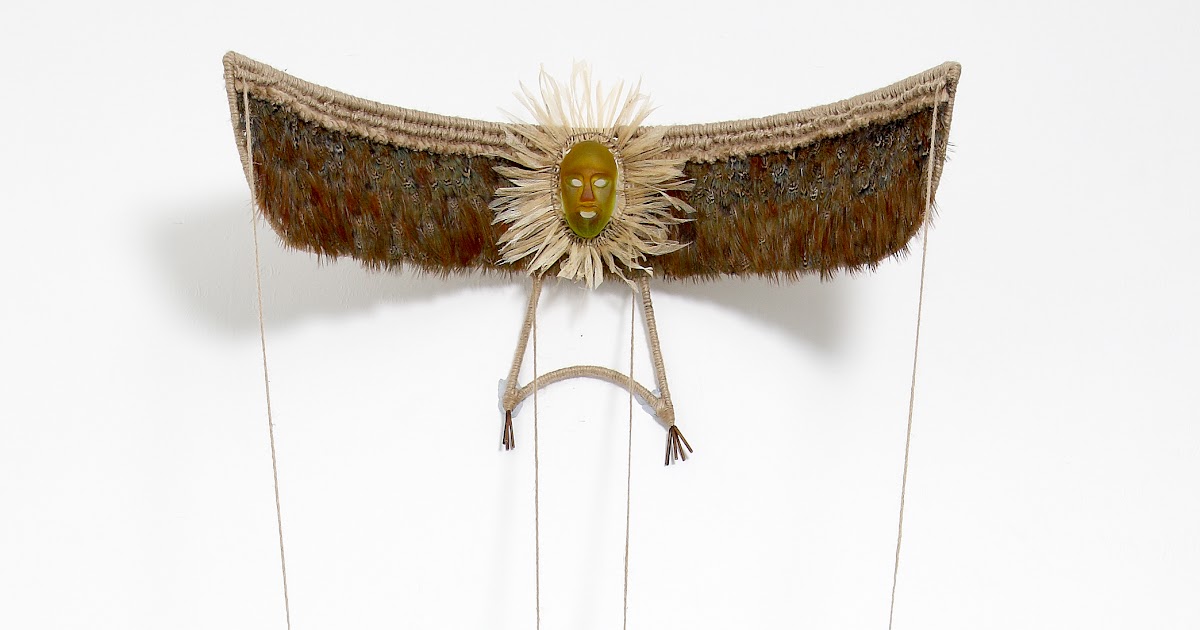
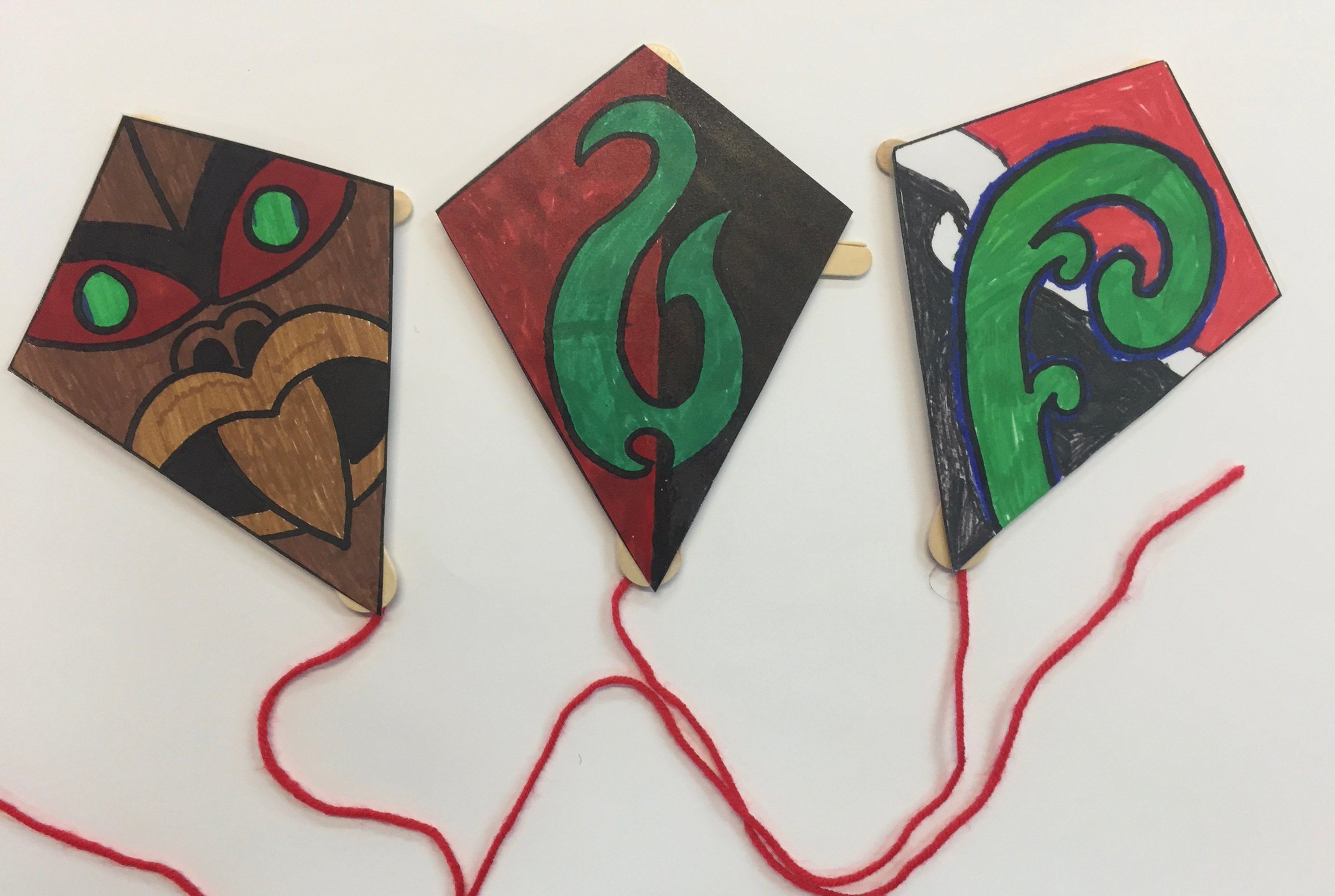



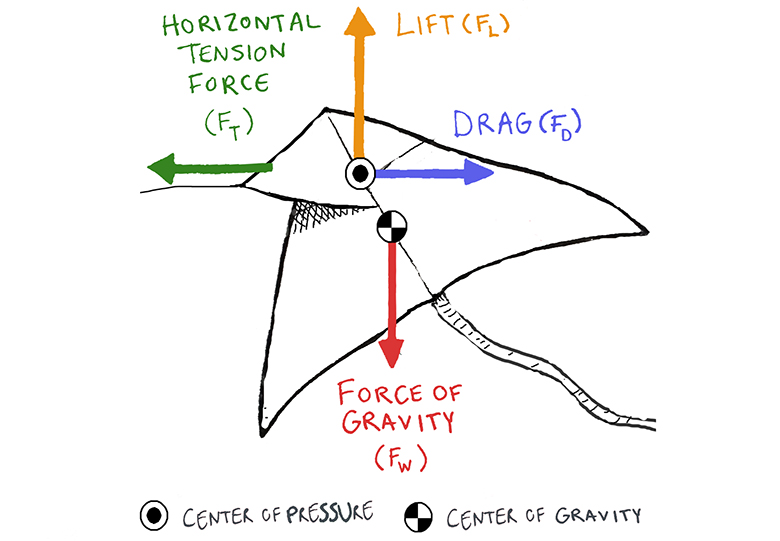
Context: Space & Time
Big Ideas: Space has always fascinated mankind. During the past few years there has been a renewed commitment and effort to explore the Moon, Mars, other planets and celestial bodies. This term we will be focussing on aspects from Planet Earth & Beyond and the Physics of space exploration including time.
5c's - Collaboration, Communication, Critical Thinking, Creativity & Citizenship
EXPLORE / TŪHURA learning intentions:
- We are EXPLORING the concepts of space and becoming familiar with scientific terms relating to space exploration.
- We are EXPLORING the concepts of physics relating to forces, motion & time.
PLAN & DO / WHAKAMAHI learning intentions:
- We are PLANNING ...to construct Kites from different cultures by collaborating with our peers so as to apply the concepts of aerodynamics, forces acting on kites, wind speed and measuring the air resistance acting on the kite.
- Understood the cultural significance of flying kites from various cultures.
- Constructed a kite that effectively flies.
- apply and explain the concepts of physics related to kite flying
- Monday - Teacher led - planning for constructing Kites from Maori culture and other cultures.
- Wednesday & Thursday: Complete the contruction of kites following the steps and instructions as given.
How kites fly:
Videos to watch - Maori Kites
Other cultures:
-







Context: Space & Time
Big Ideas: Space has always fascinated mankind. During the past few years there has been a renewed commitment and effort to explore the Moon, Mars, other planets and celestial bodies. This term we will be focussing on aspects from Planet Earth & Beyond and the Physics of space exploration including time.
5c's - Collaboration, Communication, Critical Thinking, Creativity & Citizenship
EXPLORE / TŪHURA learning intentions:
- We are EXPLORING the concepts of space and becoming familiar with scientific terms relating to space exploration.
- We are EXPLORING the concepts of physics relating to forces, motion & time.
PLAN & DO / WHAKAMAHI learning intentions:
- We are PLANNING ...to construct Kites from different cultures by collaborating with our peers so as to apply the concepts of aerodynamics, forces acting on kites, wind speed and measuring the air resistance acting on the kite.
- Understood the cultural significance of flying kites from various cultures.
- Constructed a kite that effectively flies.
- apply and explain the concepts of physics related to kite flying
- Tuesday - Finishing the constructing Kites from Maori culture and other cultures.
- Wednesday - Kite Flying competition
- Thursday: Understanding the physics of Flight
Other cultures:
The Physics of Flight:
-




Context: Future Pathways
EXPLORE / TŪHURA learning intentions:
- We are EXPLORING...Earth systems, so as to Investigate the composition, structure, and features of the geosphere, hydrosphere, and atmosphere.
-
- name a few tectonic plates and differentiate between the layers of the earth.
- identify how tectonic plates have contributed to the formation of continent in the past and future.
Activities:
- Watch the videos on the 'Continental drift' theory and Tectonic plates.
- The history of New Zealand's formation -
- Complete activities from Goolge Classroom - Visit the website to explore about Tectonic plates.https://www.livescience.com/37706-what-is-plate-tectonics.html
- Reading comprehension tasks - Complete the following tasks and answer the questions.
Layers of the earth reading
http://www.softschools.com/language_arts/reading_comprehension/science/48/the_layers_of_the_earth/
Tectonic plates
http://www.softschools.com/language_arts/reading_comprehension/science/121/tectonic_plates/
-




Context: Future Pathways
EXPLORE / TŪHURA learning intentions:
- We are EXPLORING...Earth systems, so as to Investigate the composition, structure, and features of the geosphere, hydrosphere, and atmosphere.
- Differentiate between the three main types of rocks found on earth.
- explain the rock cycle and the interactions between them.
- Identify & classify various types of rocks in the lab using a classification/identification key.
Activities:
- Reading comprehension task: https://www.softschools.com/language_arts/reading_comprehension/science/493/the_rock_cycle/
- Complete the Edpuzzle task from Google classroom.
- Make notes to write an information report about the Rock cycle
- Rock Identification and classification key - http://www.minsocam.org/MSA/collectors_corner/id/rock_key.htm#minerals
- Students will identify and classify rocks using the website.
-
Context: Future Pathways
Learning Intention:
We are practising and revising our skills of investigation in preparation for the Science CAT.
Success Criteria: I can/have:
- Identify the aim & variables (dependent & independent)
- Plot an accurate linear graph with titles
- Analyse and discuss the results of the graph
Activities:
Teacher led revision - student will access the document from Google Classroom and complete the revision in their Science book.
-
Context: Future Pathways
Learning Intention:
We are practising and revising our skills of investigation in preparation for the Science CAT.
Success Criteria: I can/have:
- Identify the aim & variables (dependent & independent)
- Plot an accurate linear graph with titles
- Analyse and discuss the results of the graph
Activities:
Teacher led revision - student will access the document from Google Classroom and complete the revision in their Science book.
-
Context: Future Pathways
Learning Intention:
We are practising and revising our skills of investigation in preparation for the Science CAT.
Success Criteria: I can/have:
- Identify the aim & variables (dependent & independent)
- Plot an accurate linear graph with titles
- Analyse and discuss the results of the graph
Activities:
Teacher led revision - student will access the document from Google Classroom and complete the revision in their Science book.Science CAT is scheduled for Monday 9th November, Session 4 in C10
